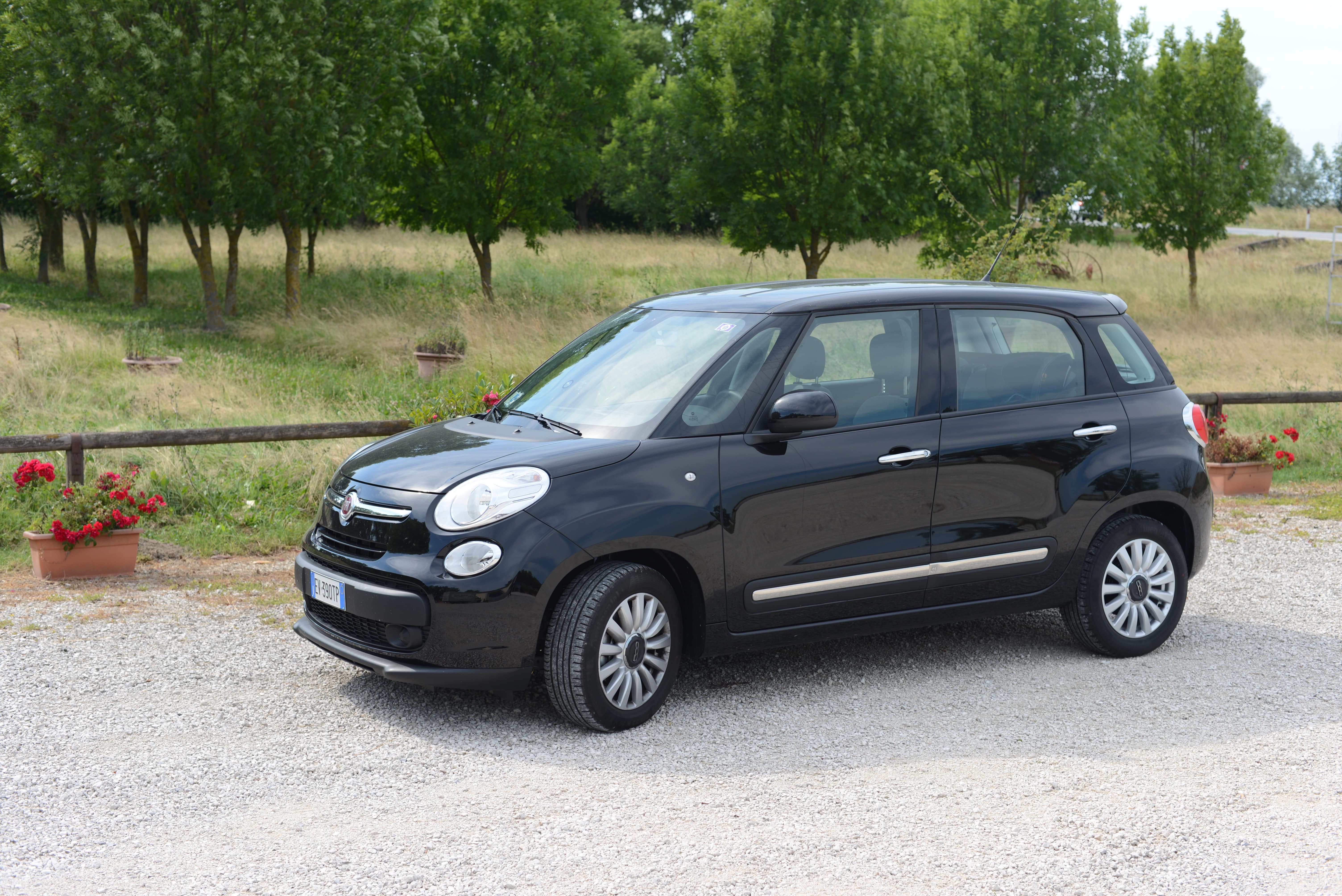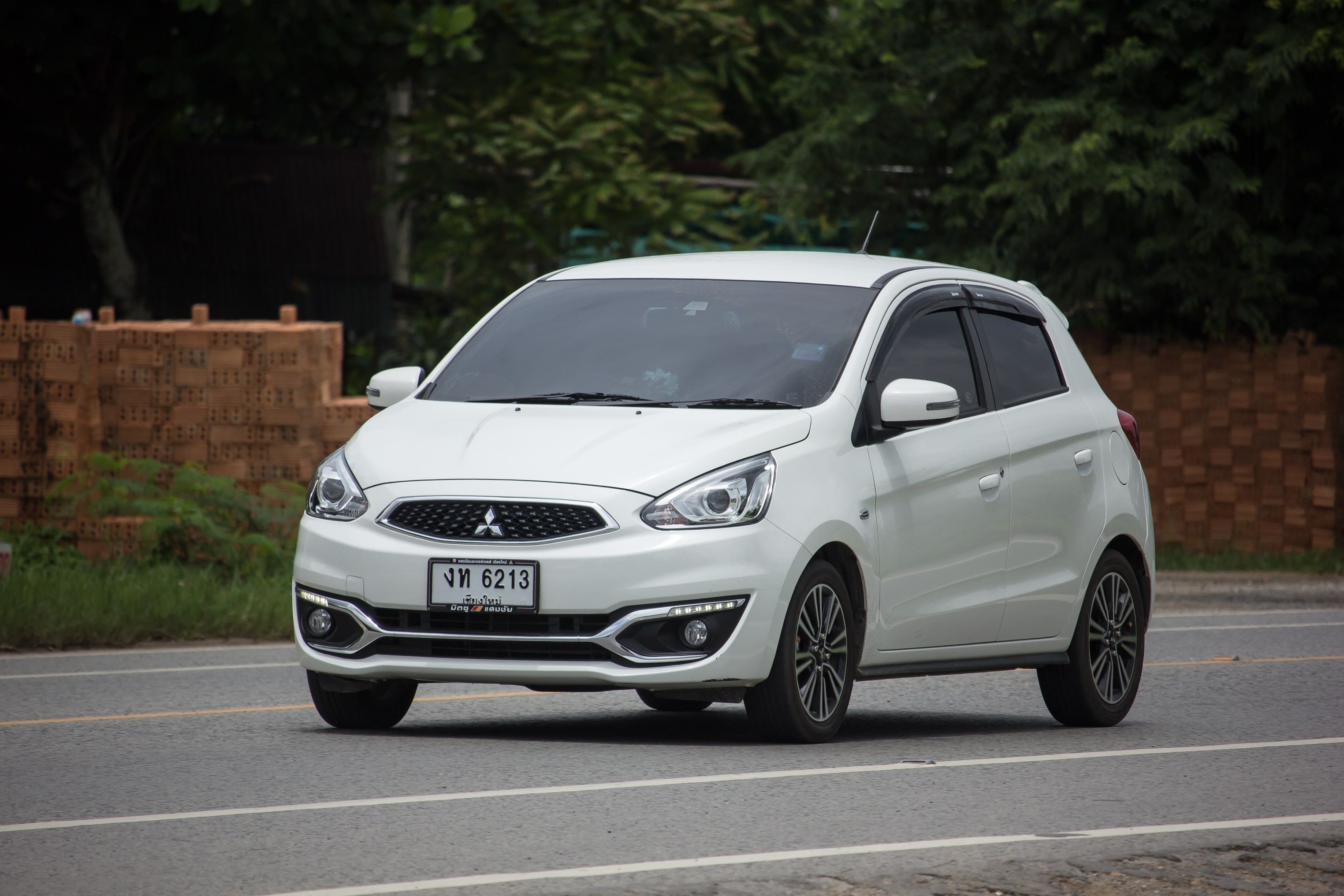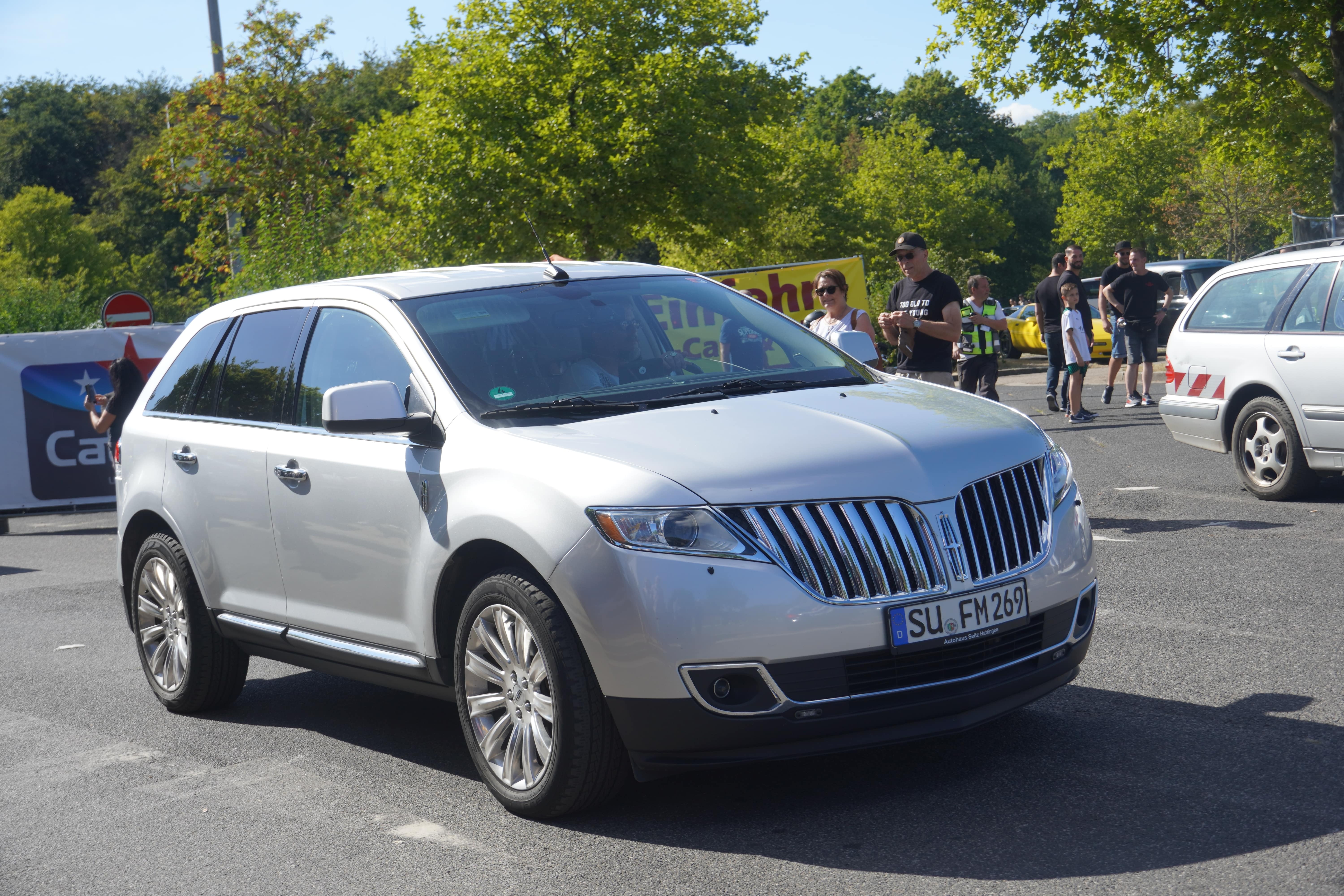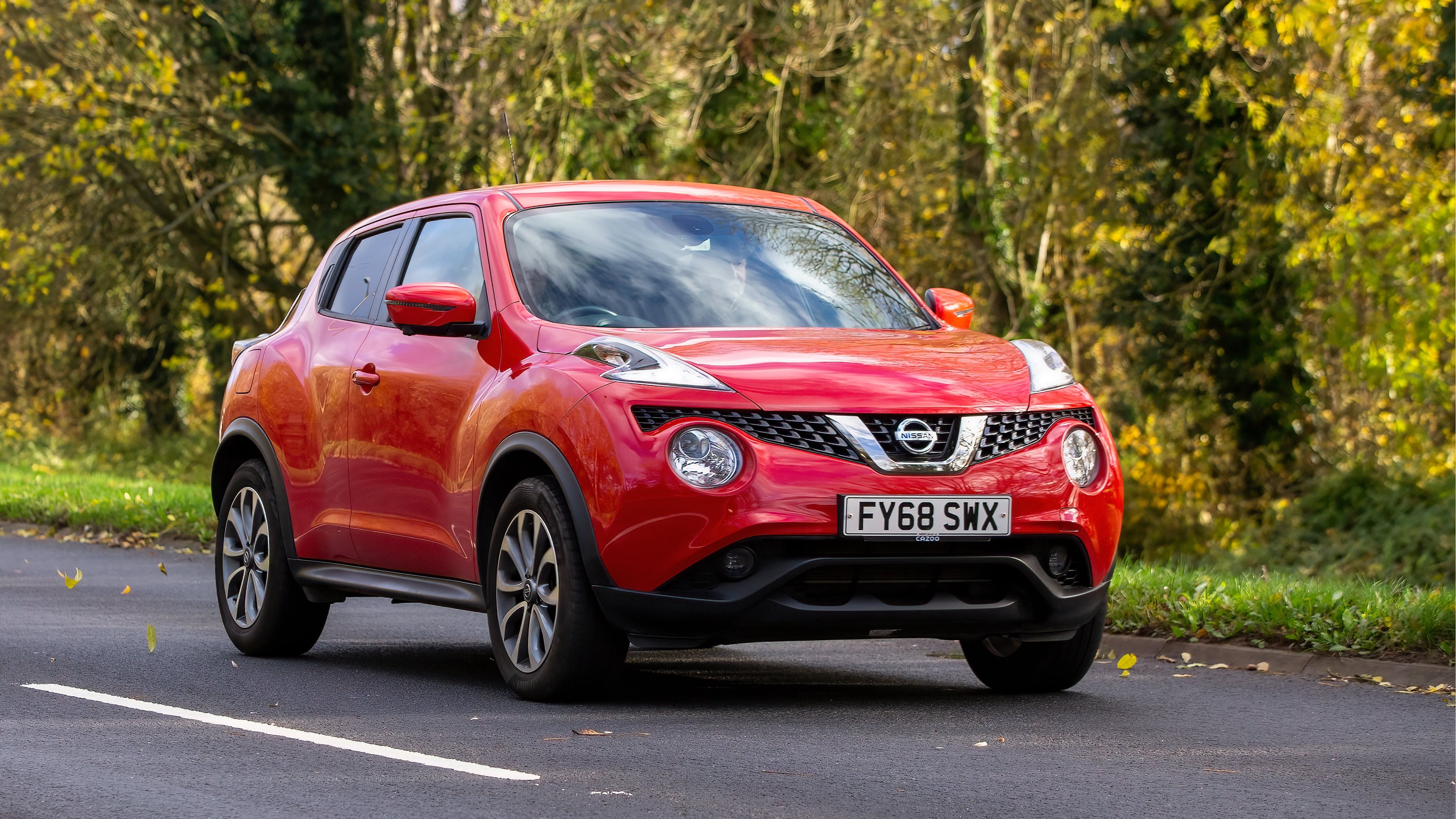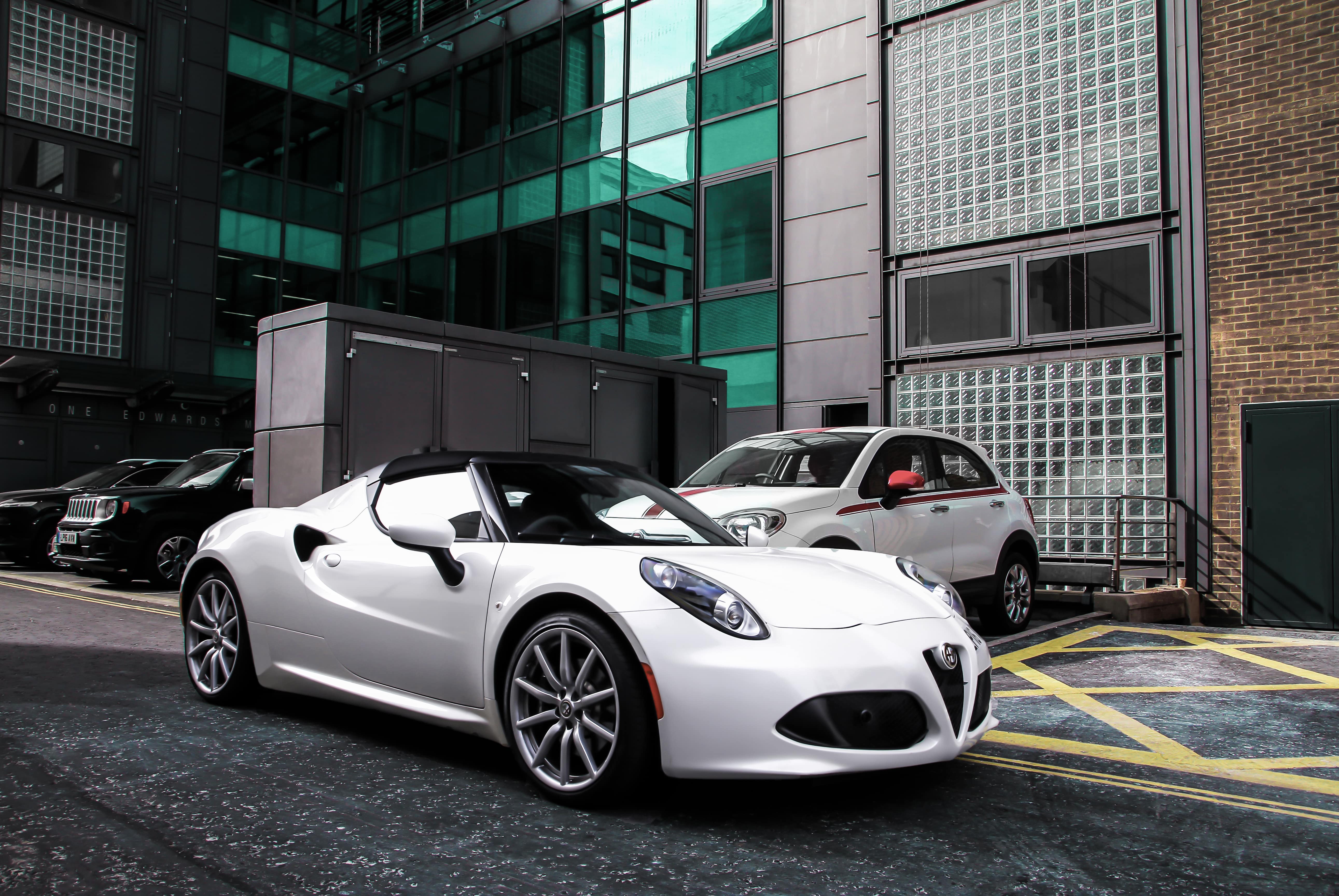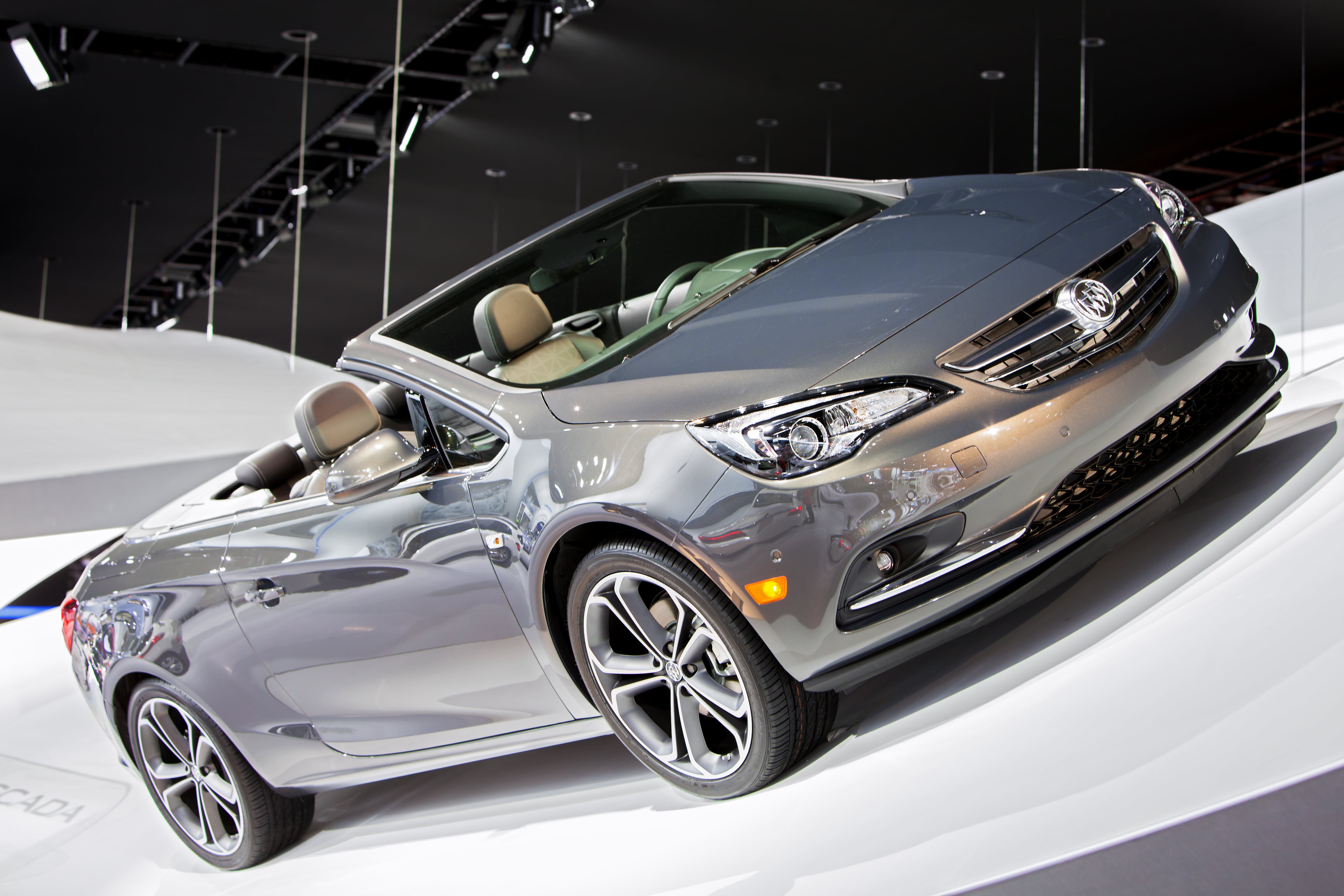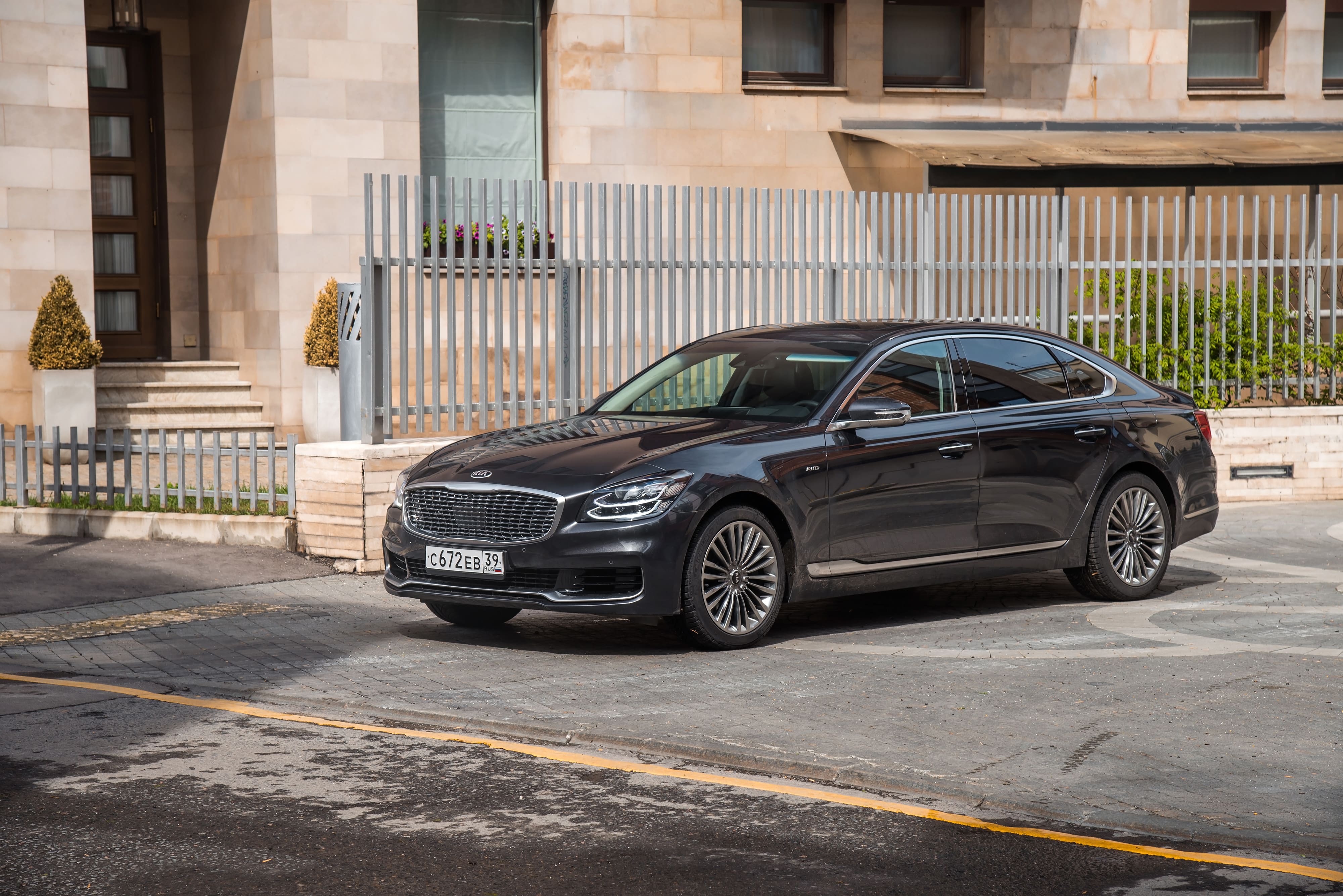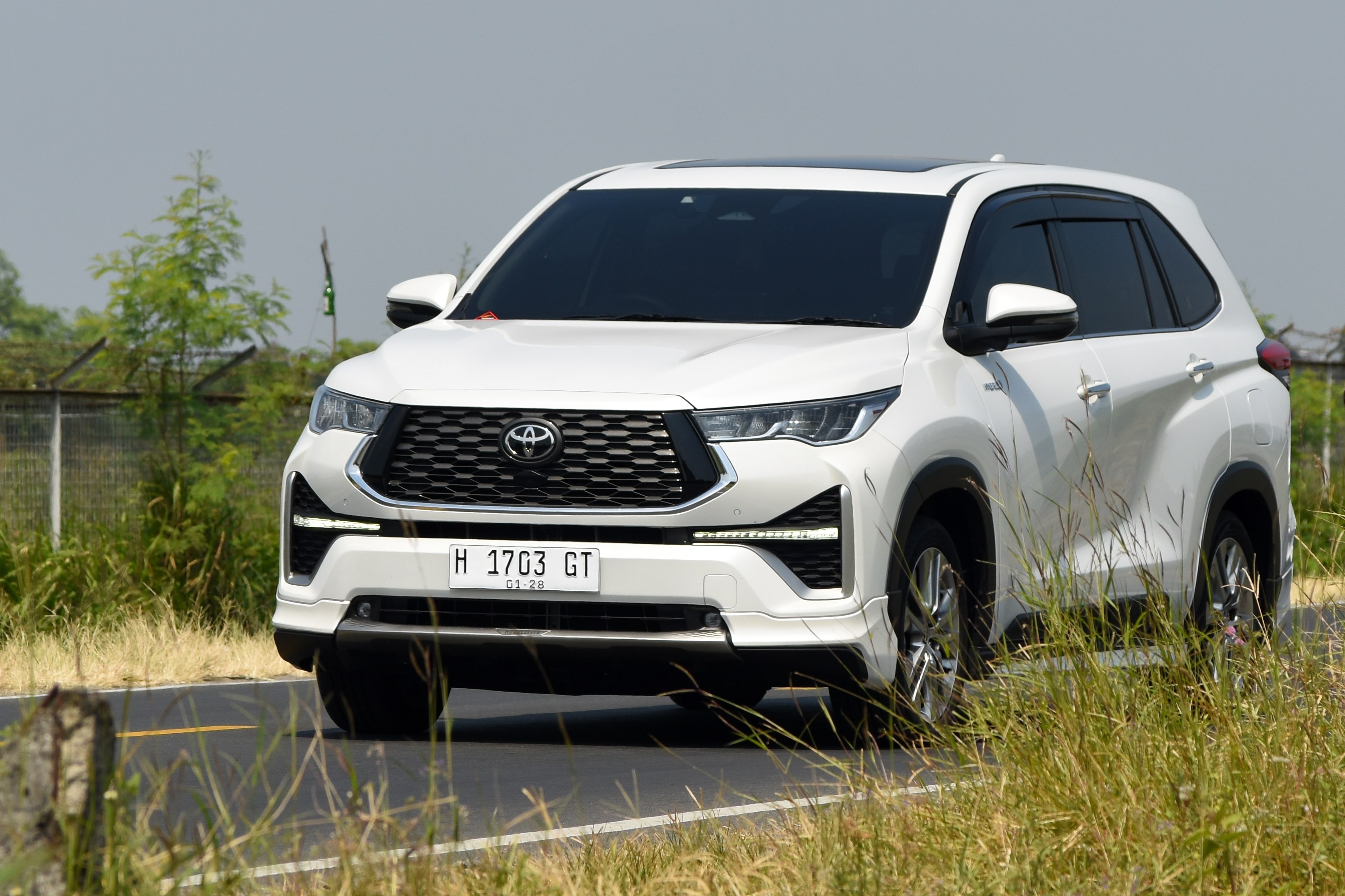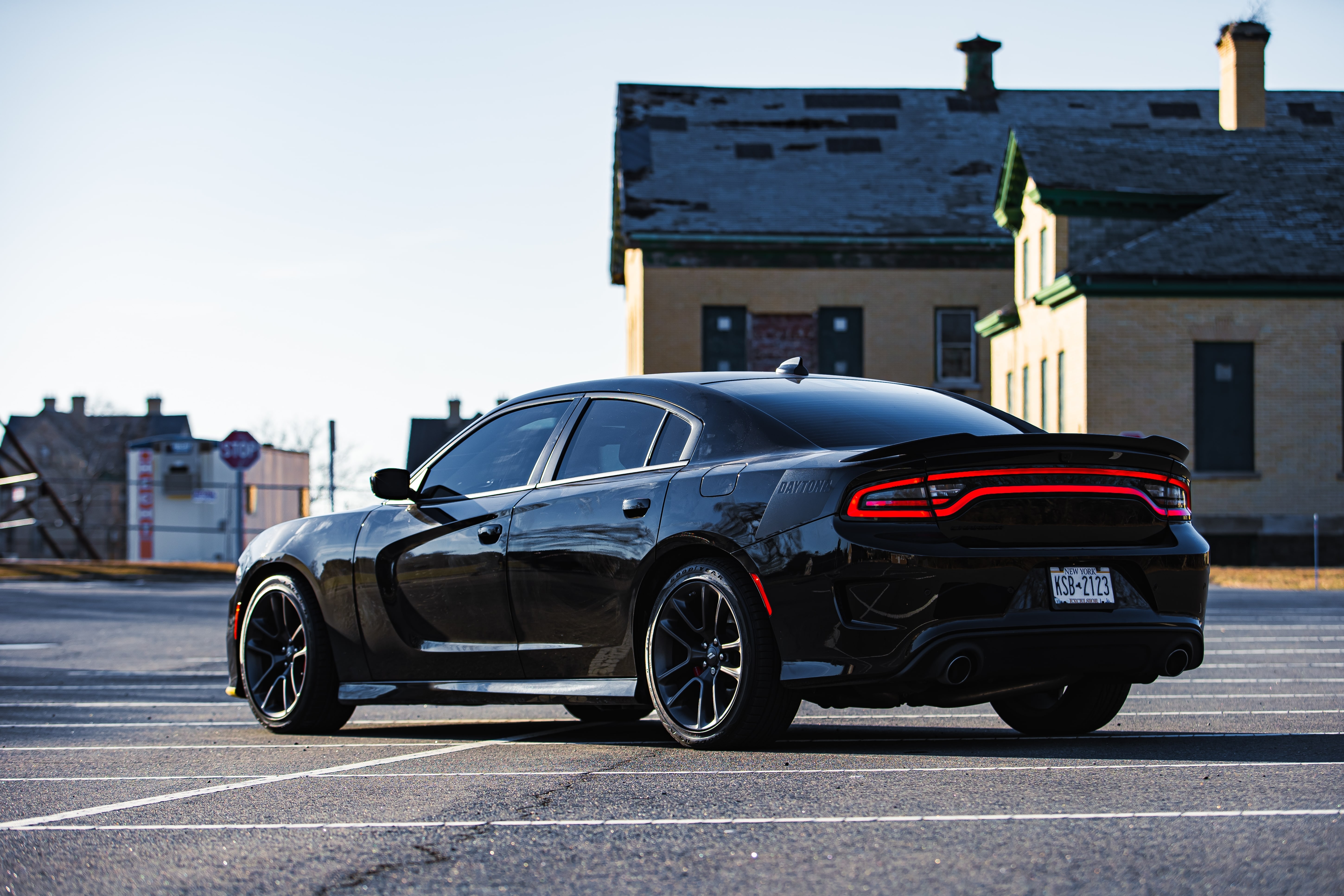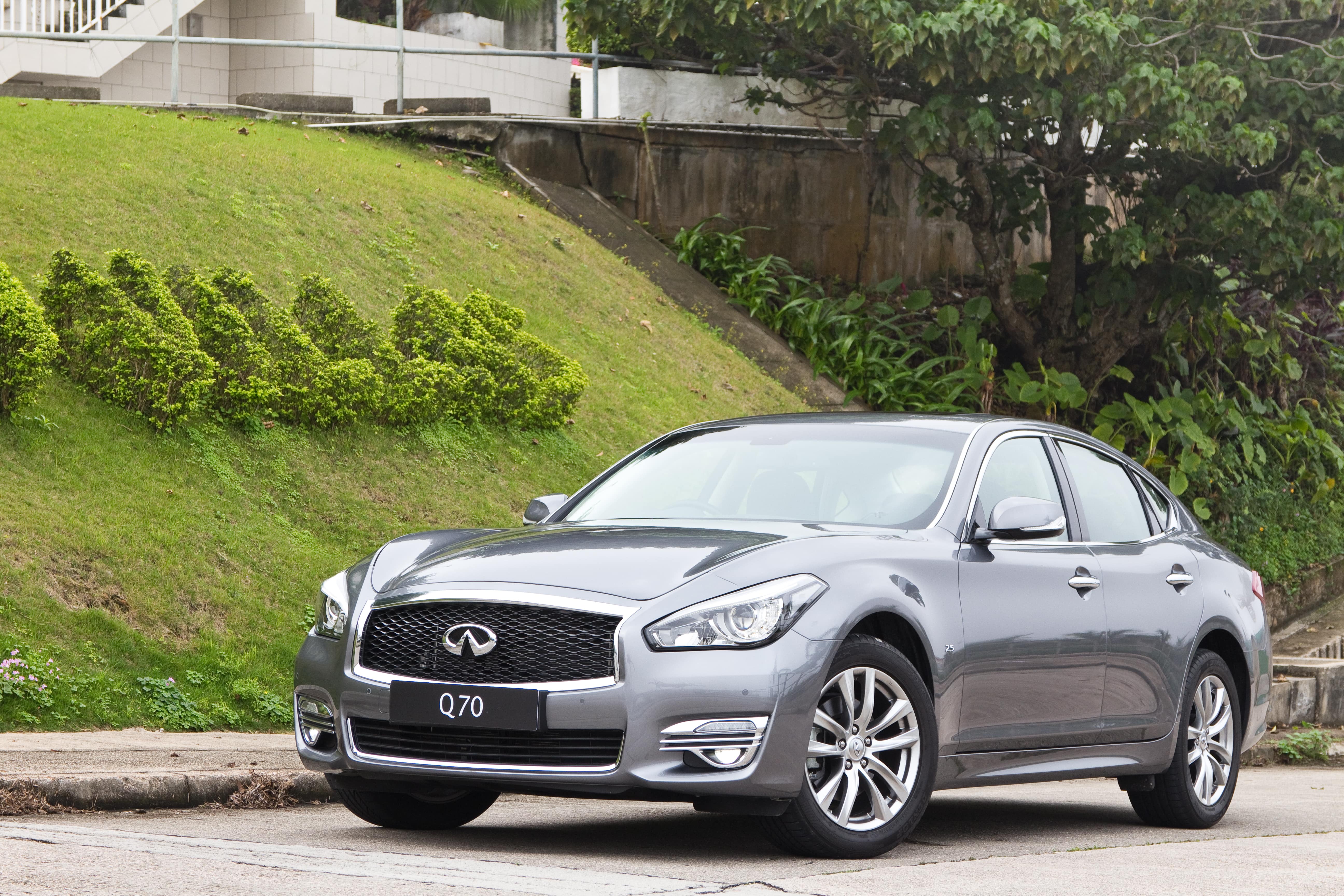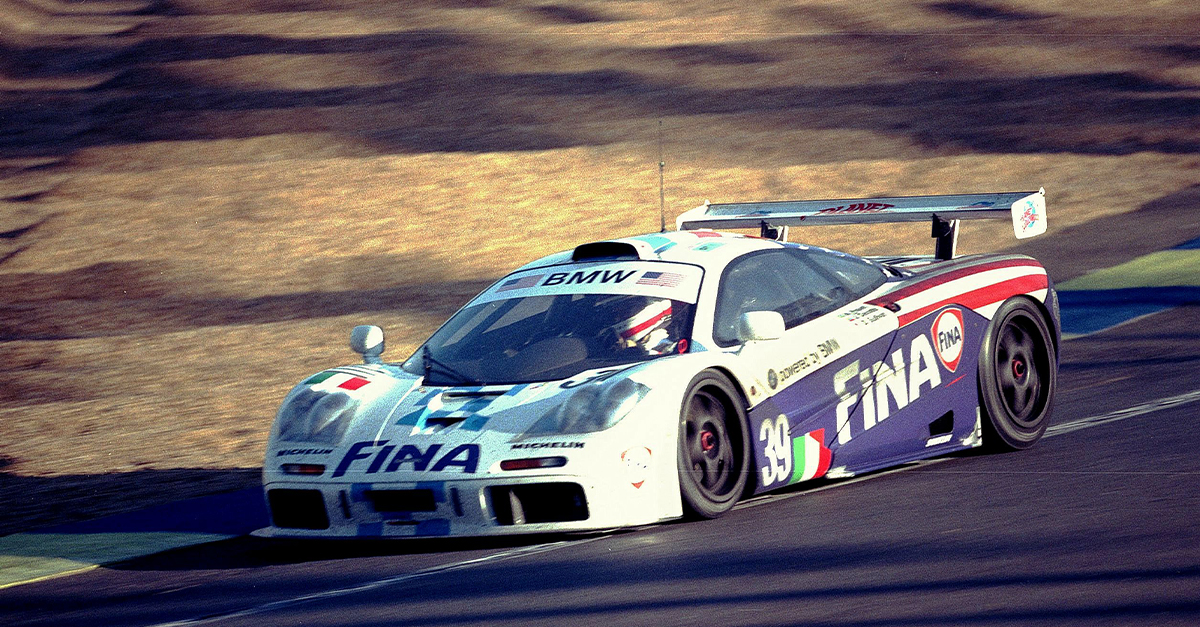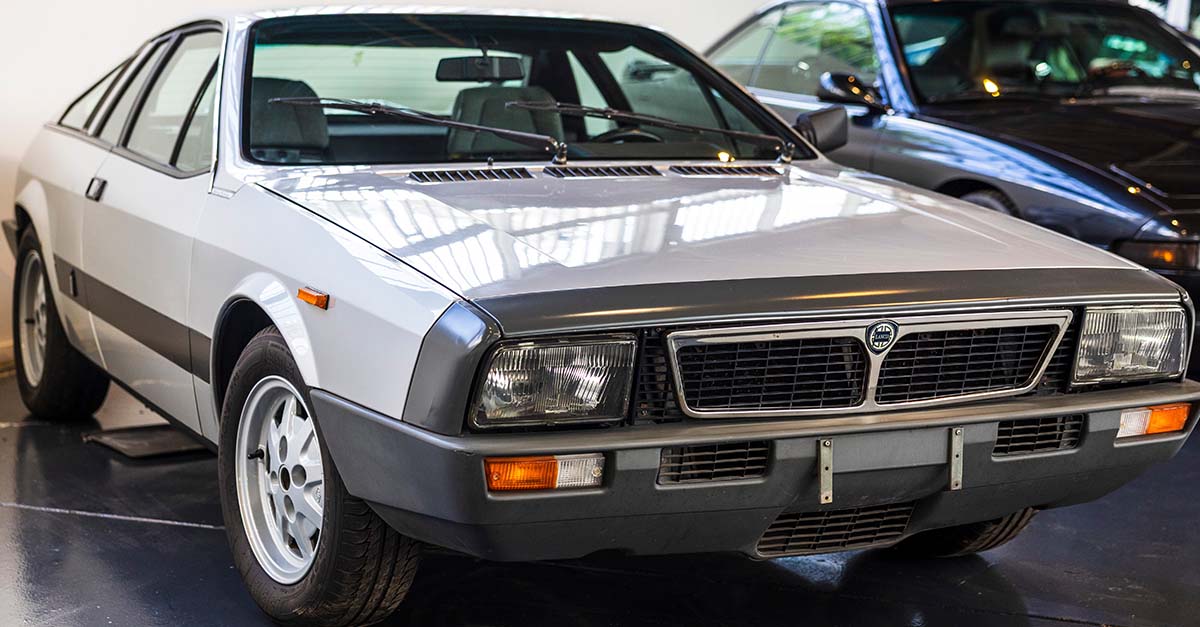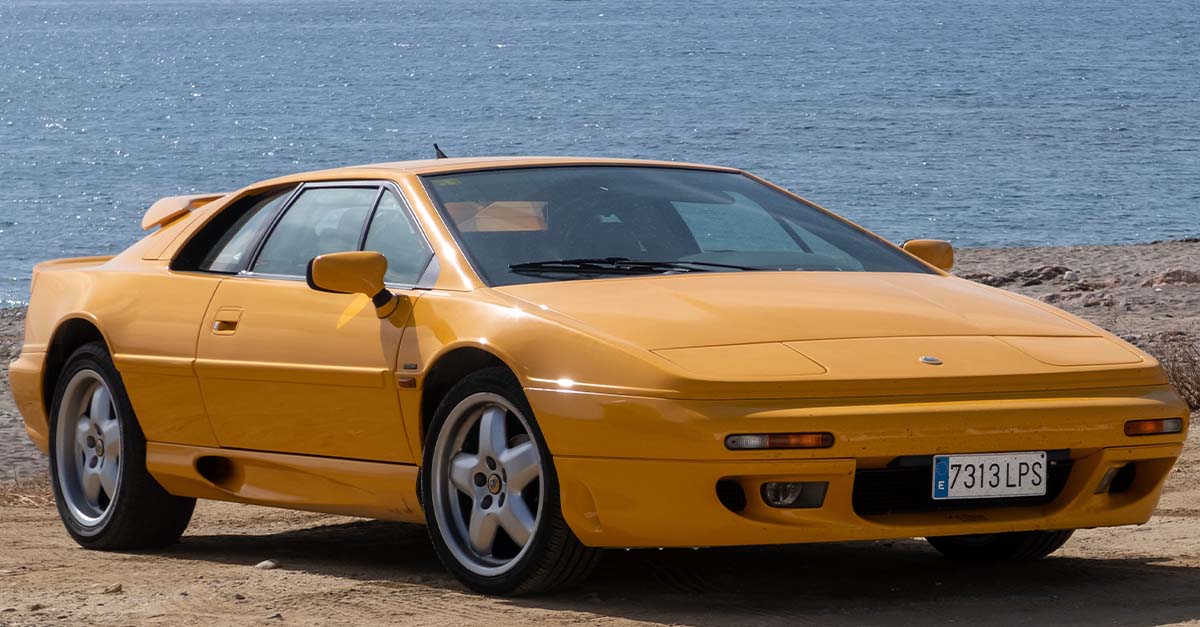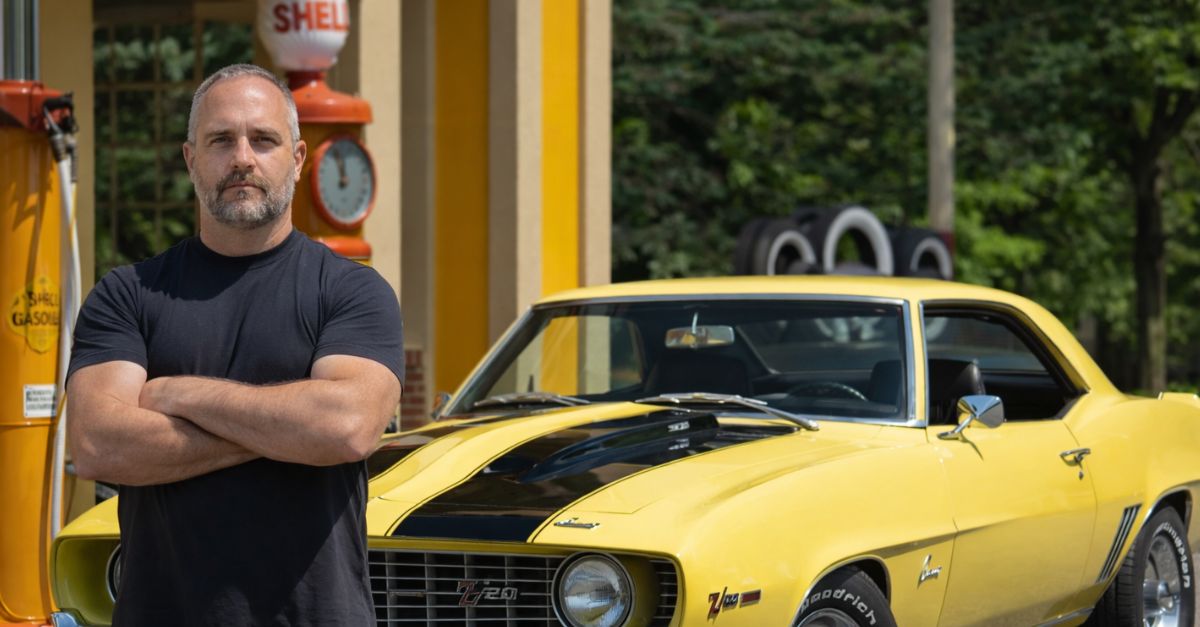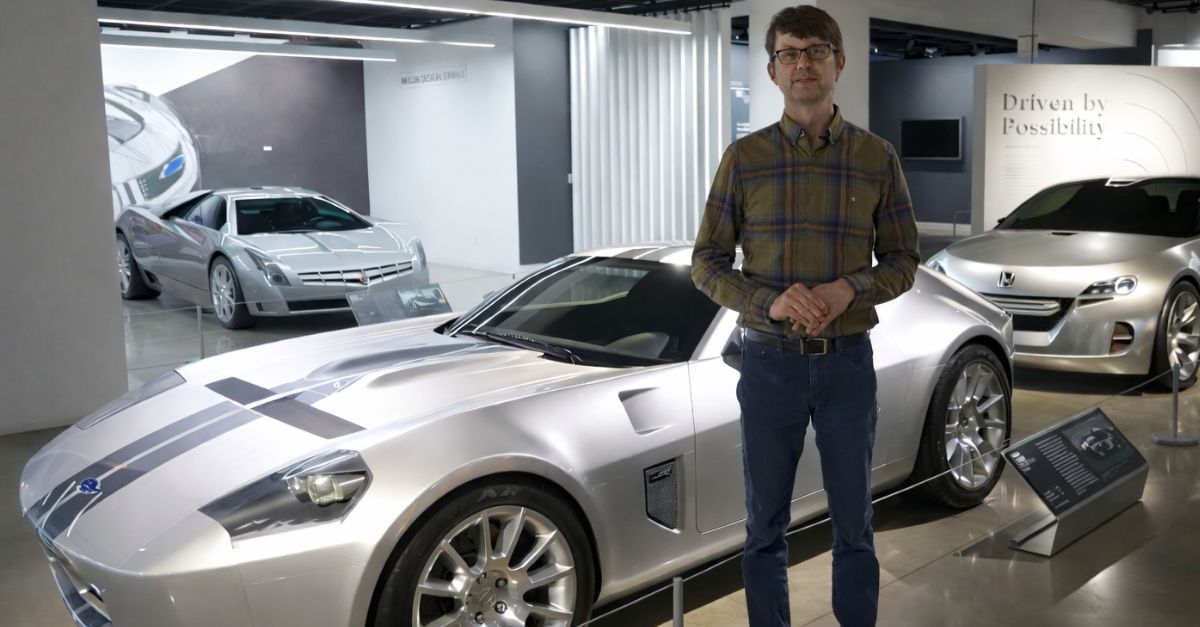Vehicles with Remarkably Low Sales
In the ever-evolving automotive landscape, certain vehicles struggle to find their place in the hearts of consumers.
Whether due to niche appeal, unique design choices, or pricing concerns, these ten vehicles have seen limited sales in the past 5-10 years.
Fiat 500L
The Fiat 500L entered the market as a compact MPV (Multi-Purpose Vehicle), offering quirky Italian styling and decent interior space.
However, it faced challenges due to its polarizing design, limited engine options, and pricing that put it in competition with more established and versatile SUVs.
Its sales suffered as consumers opted for more conventional choices. In 2020, Fiat sold only 2,224 units of the 500L in the United States, down from 5,370 units in 2019.
Mitsubishi Mirage
The Mitsubishi Mirage aimed to be an affordable subcompact car, but its underpowered engine, lackluster interior, and dated technology made it a tough sell in a highly competitive segment.
Safety concerns also hampered its reputation, resulting in limited sales despite its low price tag.
In 2020, Mitsubishi sold 11,891 Mirage units in the United States, down from 26,966 units in 2019.
Lincoln MKT
The Lincoln MKT struggled to find its footing in the luxury SUV market. Its unique, polarizing design and less-than-stellar fuel efficiency deterred buyers seeking a refined and upscale experience.
Sales were further hindered by the popularity of other Lincoln models and competing luxury SUVs. In 2019, Lincoln sold just 2,548 MKT units in the United States, down from 3,388 units in 2018.
Nissan Juke
The Nissan Juke was a compact SUV with distinctive, bold styling, which divided opinion among buyers. Its cramped rear seats and small cargo space made it less practical than its competitors.
Consumers often opted for more conventional-looking SUVs, leading to limited sales for the Juke.
In 2017, Nissan sold 10,157 Juke units in the United States, down from 19,577 units in 2016.
Alfa Romeo 4C
The Alfa Romeo 4C was designed to be a lightweight, high-performance sports car. While it offered thrilling driving dynamics, its lack of creature comforts, small interior, and high price tag limited its appeal.
It struggled to compete with more established sports car brands. In 2019, Alfa Romeo sold only 152 units of the 4C in the United States.
Buick Cascada
The Buick Cascada was a compact convertible designed to offer open-air luxury. However, it faced challenges due to its high price, limited rear-seat space, and a competitive convertible market.
Consumers often opted for more established convertible models. In 2019, Buick sold just 2,458 Cascada units in the United States, down from 5,595 units in 2018.
Kia K900
The Kia K900 aimed to compete in the luxury sedan segment with an attractive price point. However, it faced challenges in establishing the brand as a true luxury contender against established rivals.
Limited brand recognition and a highly competitive market hindered its sales. In 2019, Kia sold 305 K900 units in the United States, down from 455 units in 2018.
Toyota Mirai
The Toyota Mirai was a hydrogen fuel cell vehicle designed to be eco-friendly. However, the lack of hydrogen infrastructure, limited range, and high purchase price made it a challenging choice for consumers.
It struggled to gain widespread acceptance. In 2020, Toyota sold only 1,502 Mirai units in the United States, down from 1,700 units in 2019.
Dodge Dart
The Dodge Dart was positioned as a compact sedan with a sporty edge. Despite its appealing design and performance-oriented trims, it faced stiff competition in the compact car segment.
Concerns over reliability and resale value also impacted its sales. In 2016, Dodge sold 43,402 Dart units in the United States, down from 87,392 units in 2015.
Infiniti Q70
The Infiniti Q70 aimed to compete in the luxury sedan market. However, it struggled to stand out against established rivals with more advanced technology, interior quality, and brand recognition.
Limited updates and marketing efforts contributed to its limited sales. In 2020, Infiniti sold only 1,166 Q70 units in the United States, down from 1,906 units in 2019.
Final Thoughts
While these vehicles may not have garnered mass appeal, they still offer unique features and characteristics that may resonate with niche buyers.
Limited sales often result from a combination of factors, including fierce competition, unconventional design choices, pricing concerns, and evolving consumer preferences.
Despite their challenges, each of these vehicles has its own set of merits, appealing to specific tastes and needs within the automotive market.



